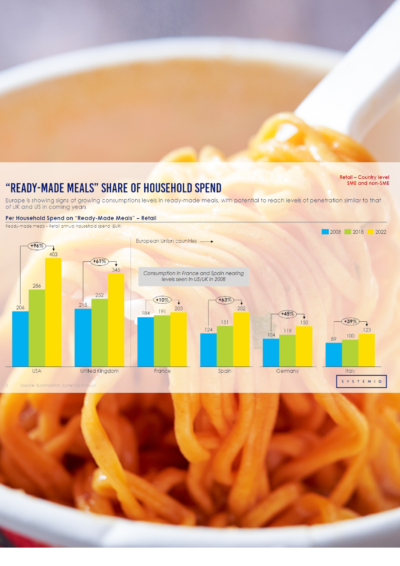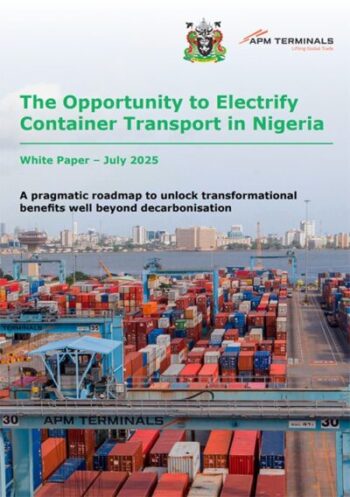Dietary guidelines highlight that average diets in Europe impose significant costs both to the health of the population and the environment. This is particularly true for ready-to-eat meals which form a growing part of the European diet.
But what would happen if ready-to-eat meals were reformulated in line with dietary guidelines from governments and others? What would be the impact on human and planetary health?
Systemiq has been working with Madre Brava and Fern, using guidance on human and planetary health from the WHO and EAT-Lancet. We have analysed the potential positive impact for both people and planet if the EU could use its forthcoming Framework for a Sustainable Food System to alter the components of ready-made meals.
Taking action to regulate the content in these meals within the EU could have positive impacts on human health and benefit the environment by reducing emissions between ~40 to 50M t CO2e (~1.4-1.8% of total EU emissions or the annual emissions of 8.7-10.4 million cars). And, far from driving up prices, such a measure could actually reduce costs for consumers.




